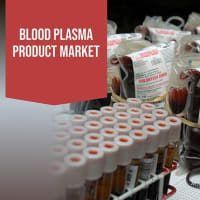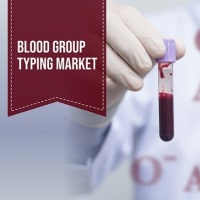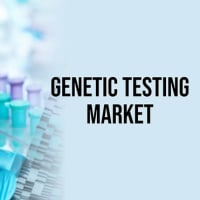
The global next-generation sequencing market is growing significantly due to advances in next-generation technologies, increasing scientists and researchers’ compliance for next-generation sequencing, and low cost of next-generation sequencing methods compared to conventional sequencing methods in the industry. The unexplored next-generation sequencing market in emerging economies and increasing focus for the development of personalized medicine are creating opportunities for the global next-generation sequencing market to grow at a considerable rate in the coming years.
Download free report sample at: https://www.psmarketresearch.com/market-analysis/next-generation-sequencing-market/report-sample
The advanced research and development activities by the major players are propelling the demand for cost effective and efficient next-generation sequencing platforms. However, interpretation of large volume of complex sequencing data through next-generation sequencing platforms is a major challenge in global next-generation sequencing market.
Usage of nanopore sequencing technology for the development of next-generation sequencing platforms is a trend in global next-generation sequencing market. Next-generation sequencing provides high throughput sequencing to researchers and scientists with high specificity and speed, and reduced cost. Conventional sequencing methods, such as Sanger method that are slower, expensive and require large amount of template DNA next-generation sequencing, has overcome these limitations with more accurate results.
Geographically, North America will be leading the global next-generation sequencing market in the coming years due to high healthcare expenditure, technological advancements, presence of large number of academic and research institutes, and high scientists’ compliance for next-generation sequencing devices.
Some of the major players operating in the global next-generation sequencing market are Agilent Technologies, Inc., F. Hoffmann-La Roche AG, Biomatters, Ltd., GATC Biotech AG, Illumina, Inc., Thermo Fisher Scientific, Inc., Pacific Biosciences, Oxford Nanopore Technologies, Ltd, Macrogen, Inc. among others.
Source: P&S Intelligence




















※コメント投稿者のブログIDはブログ作成者のみに通知されます